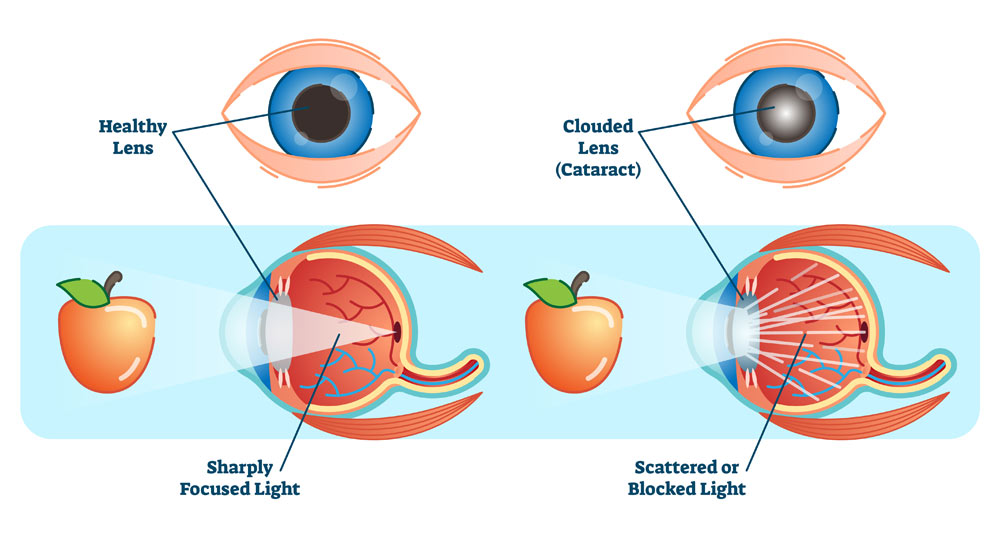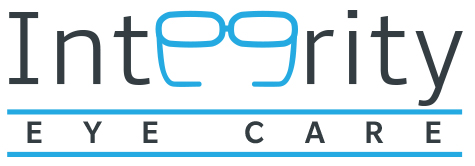Cataracts can cloud vision, but surgery may help. We provide post-operative care for cataract surgery patients to ensure a speedy recovery.
Cataract Surgery Co-Management
Our expert doctor at Integrity Eye Care can diagnose cataracts, and if surgery is needed, will refer you to a trusted, respected surgeon for treatment, and will provide you with pre- and post-operative care.
What are Cataracts?
Cataracts are a cloudy area that forms on the clear lens of the eye. This lens inside your eyes bends or refracts light to help you see. If you develop a cataract, this means the lens in either one eye or both eyes has become cloudy, which makes your vision a bit like looking through a dirty window. If you have cataracts in both eyes, it can make things look hazy, blurry, and less colorful.

What are the Risk Factors for Cataracts?
Normal age-related changes are the most common reason cataracts form, as the proteins in the eyes begin to break down. If you are age 60 or over, you can start to develop some clouding on your lenses. However, changes in your vision are gradual and can take place over the span of several years.
Other risk factors to develop cataracts include:
- A family history of cataracts. If parents, siblings, or other family members have or had cataracts, this could mean you are at higher risk.
- Diabetes. While cataracts are very common as you get older, people who have diabetes may develop them at a much earlier age.
- Smoking.
- Certain medications can be associated with the development of cataracts, including corticosteroids, chlorpromazine, and other phenothiazine-related medications.
- Poor diet with nutritional deficiencies including a lack of antioxidants.
- Exposure to UV radiation. Studies show an increased chance of cataract formation with unprotected exposure to ultraviolet (UV) radiation.
Symptoms of Cataracts
Signs and symptoms of cataracts can include blurry or hazy vision, increased sensitivity to light, difficulty with driving at night, less vivid colors, and changes in your prescription for eyeglasses.
Diagnosing Cataracts
The doctor at Integrity Eye Care can diagnose cataracts through testing and advanced technology during a comprehensive eye exam, including a slit-lamp exam where the doctor will use a special slit-lamp microscope to examine your eyes. Your doctor may also measure the pressure within each eye and do some other testing for color vision and sensitivity to glare from light.
Treatment for Cataracts
If you have been diagnosed with cataracts, the treatment is based on how much they are affecting your vision. If your cataract isn’t affecting your vision much or at all, then your doctor will recommend a schedule for comprehensive eye exams so that any vision changes can be monitored.
If your cataracts are affecting your vision to the point where you can’t do normal daily activities, surgery may be recommended. The doctor at Integrity Eye Care will refer you to a trusted and respected surgeon who will remove the cloudy lens and replace it with a synthetic one which will allow you to see clearly. Cataract surgery is common and very effective; in fact, it’s one of the most common, effective surgeries in the United States.
The doctor at Integrity Eye Care is experienced in providing expert pre- and post-operative care for people who undergo cataract surgery. Contact us today in Murfreesboro to learn more and take your first step to seeing clearly.
